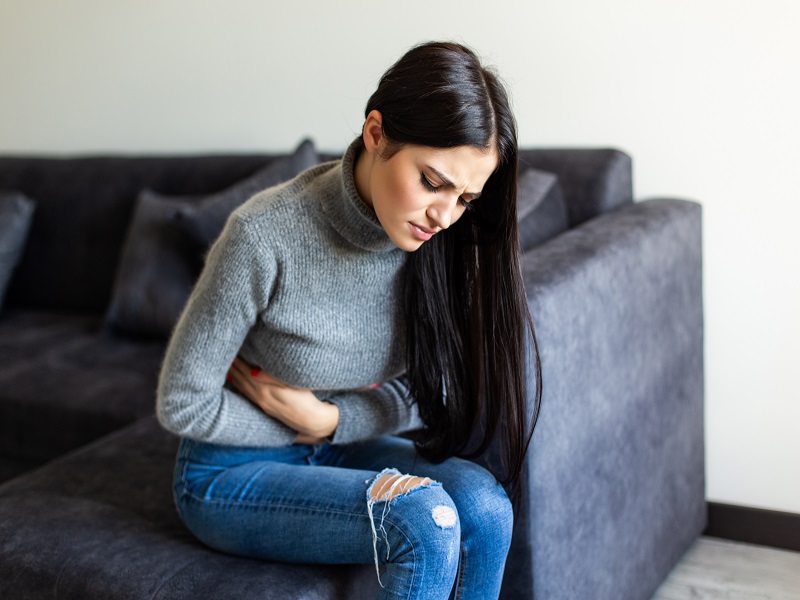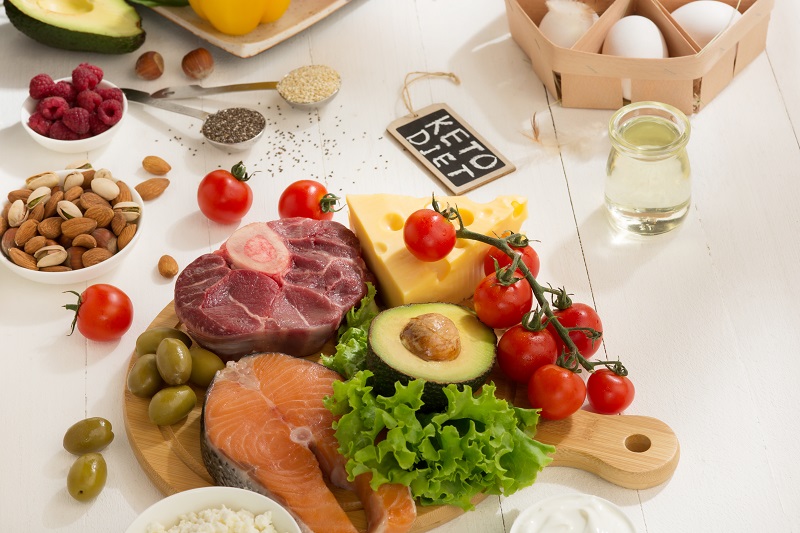Bhavna Malhotra
Consultant – Nutrition & Lifestyle
Email: bhavna.nutritionuqeries@
With around nine states in India reporting the spread of bird flu, the non-vegetarians are in a fix – ‘to eat or not eat chicken and eggs’? Living in the pandemic for the past few months, the fear of another virus running rampant in the community is not unfounded. So, let us first learn what is bird flu, and can it get transmitted from food?
Bird flu is caused by an influenza virus. Type A influenza virus occurs naturally among wild aquatic birds worldwide and can infect domestic poultry and other bird and animal species. As per WHO avian flu viruses do not usually infect humans. But, sporadic human infections with avian flu viruses have occurred. This virus spreads very quickly from one sick bird to another, but transmission from one ill human to another human is rare.
Birds can shed avian influenza virus in their saliva, mucous and faeces and spread the infection. Transmission of this virus to humans can happen only when enough virus gets into a person’s eyes, nose or mouth, or is inhaled. If the virus is present in the air (as droplets or dust) and a human being breathes it in or touches something that has a virus on it and then touches their mouth, eyes or nose the chances of infection increases. You can get the virus only if you come in direct contact with an infected bird or its droppings in a nutshell.
So, can you get this flu if you consume an infected bird? As per WHO the answer is – ‘NO’ if it has been cooked properly. The virus is sensitive to heat. Average temperatures used for cooking (so that food reaches 70-degree celsius in all parts) will kill the virus. However, WHO recommends that poultry and poultry products should always be prepared following good hygienic practices which means handling the raw poultry with care. This precisely means:
-
Raw poultry or poultry product juice should never be allowed, during food preparation, to touch or mix with items eaten raw (like salads).
-
While handling raw poultry or raw poultry products, you should wash your hands thoroughly. The surface should be clean and disinfected thoroughly. Soap and hot water are sufficient for this purpose.
-
Eggs should be appropriately cleaned and hard-boiled or cooked at temperatures above 70 degrees. So, no ‘runny yolks’ or sunny side up till the situation improves.
If you still wish to avoid eggs and poultry for the time being and are worried about meeting your protein requirements, you can opt for fish as it is heart-healthy too. Occasional consumption of red meat is an alternative. However, this is a good opportunity to focus on vegetarian sources of protein abundant in the Indian diet. Include pulses and legumes (chana, chole, rajma etc.), nuts-seeds and dairy products (curd, paneer, buttermilk etc.) in your daily diet to get sufficient protein. Soya and soya products like tofu, soya nuggets, and soya milk are a great way of meeting your protein needs.
According to ICMR guidelines, the protein requirement for an average healthy adult is 0.8 to 1 gm per kg ideal body weight for maintenance and repair. This can be easily achieved with vegetarian food sources, as mentioned above. Be an informed consumer. Follow proper hygiene practices if you wish to consume poultry and eggs. Cook poultry and eggs to temperatures above 70 degrees celsius on a stovetop and avoid using a microwave for cooking poultry as it can lead to uneven cooking.







